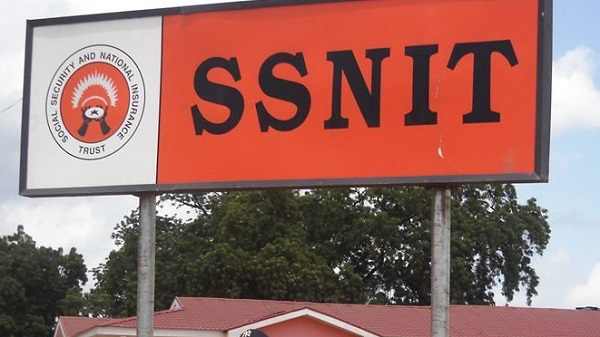While active private pension contributors stood at 1.7 million in 2019, those on the Basic National Social Scheme (BNSS) managed by the Social Security and National Insurance Trust (SSNIT) was 1.6million.
Not only do Private pension funds have the highest number of active contributors its assets reached a record high of GH¢17.3billion in 2019 from GH¢13 billion the previous year, nearly a decade on since the introduction of the three-tier pension system.
Meanwhile, those managed by SSNIT ended 2019 with net assets of GH¢8.9billion – negative growth of about 3 percent, which is an improvement on the 2018 growth of negative 5 percent.
Per the National Pensions Act, Act 766, the first tier – or the BNSSS – is managed by the SSNIT, while the second tier is a defined contributory Occupational Pension Scheme mandatory for workers with 5 percent contribution made on behalf of members; and the third tier, which is a voluntary scheme and includes all Provident Funds and all other pension funds outside Tiers I and II, is privately managed by both corporate trustees and fund managers.
The figures contained in the 2019 report of the NPRA show that the country’s total net assets available for benefits in the pensions industry now stands at GH¢26.3billion (US$4.8billion) by the end of 2019. This value represents a significant increase in pension funds of 18 percent compared to the 7 percent recorded in 2018.
In terms of active employers, the data indicates that under the BNSS, there are 68,000 active employers against 700,000 for private-sector pensions.
The report also shows that while the active labour force in the country is over 11 million, comprising over 3.2 million formal sector workers and over 7.9 informal sector workers, only 3.3 million of them are active pension contributors.
This implies that a vast majority of the current active labour force are without any form of social protection and will have to depend on the benevolence of family and friends when they are no longer in active service.
This could have implications on poverty and life expectancy indexes of the country.
The Authority credits the growth of private-sector pensions to its ongoing efforts toward ensuring compliance with the mandatory second tier in the formal sector – adding that the activation of public sector schemes and the acquisition of prosecutorial powers also contributed greatly to the growth recorded.
January 2021 marks exactly 11 years of implementation of the three-tier pension system in the country.










